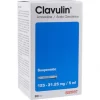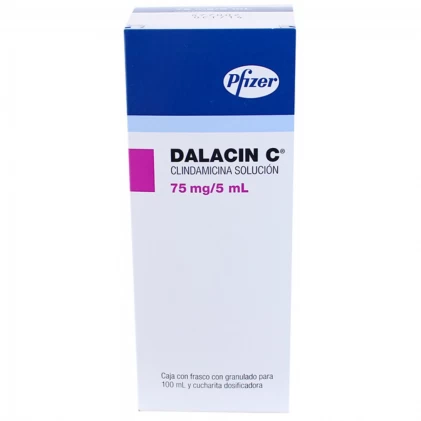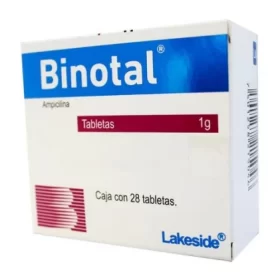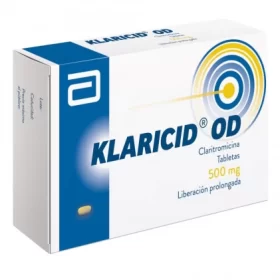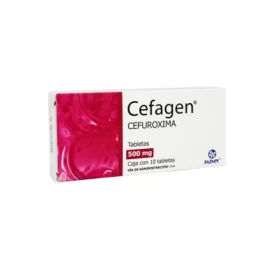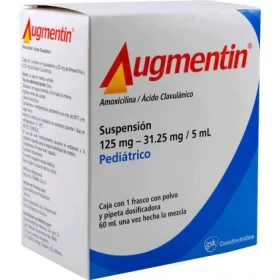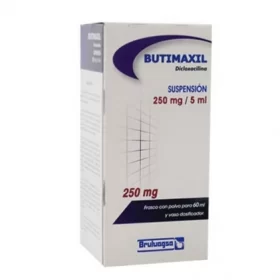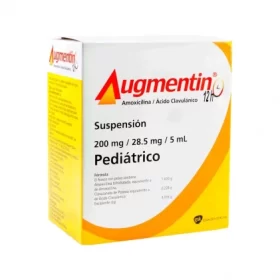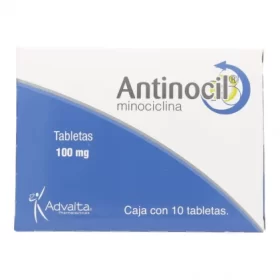- Your cart is empty
- Continue Shopping
Product Description
Clindamycin has been shown to be effective in treating the following infections, when caused by susceptible anaerobic bacteria; susceptible strains of aerobic gram positive bacteria such as streptococci, staphylococci, and pneumococci; and susceptible strains of Chlamydia trachomatis. to. Upper respiratory infections including tonsillitis, pharyngitis, sinusitis, otitis media, and scarlet fever. b. Lower respiratory infections including bronchitis, pneumonia, empyema, and lung abscess. c. Skin and soft tissue infections, including acne, boils, cellulitis, impetigo, abscesses, and wound infections. For specific skin and soft tissue infections, such as erysipelas and paronychia (panaritium), it would seem logical that these conditions would respond very well to clindamycin therapy. d. Bone and joint infections including osteomyelitis and septic arthritis. and. Gynecologic infections, including endometritis, cellulitis, vaginal infections, and Tubo-ovarian abscess, salpingitis, and pelvic inflammatory disease when administered in conjunction with an antibiotic of an appropriate spectrum for gram-negative aerobes. In cases of cervicitis due to Chlamydia trachomatisomatis, simple therapy with Clindamycin has been shown to be effective in eradicating the causative agent. F. Intra-abdominal infections, including peritonitis and abdominal abscess when administered in conjunction with an antibiotic of an appropriate spectrum for gram-negative aerobes. g. Septicemia and endocarditis. The effectiveness of Clindamycin in treating selected cases of endocarditis has been documented when clindamycin is determined to be bactericidal to the infectious organism by in vitro analysis of the appropriate achievable serum concentrations. h. Dental infections such as periodontal abscess and periodontitis. i. Toxoplasmic encephalitis in patients with AIDS. In patients who are intolerant to conventional treatment, clindamycin in combination with pyrimethamine has been shown to be effective. j. Pneumocystis jiroveci pneumonia (classified as Pneumocystis carinii) in AIDS patients. In patients who are intolerant to conventional treatment or who do not respond adequately to it, clindamycin can be used in combination with primaquine. k. Malaria including multidrug-resistant Plasmodium falciparum, in combination with quinine. l. Endocarditis prophylaxis in patients sensitive / allergic to penicillin (s). In vitro susceptibility to Clindamycin has been demonstrated for the following organisms: B. melaninogenicus, B. disiens, B. bivius, Peptostreptococcus spp., G. vaginalis, M. mulieris, M. curtisii, and Mycoplasma hominis.

